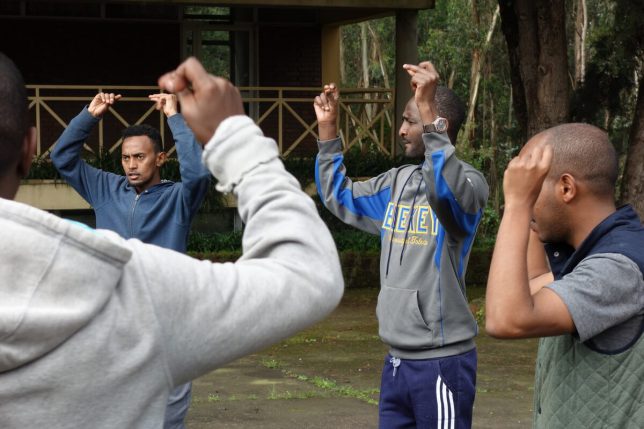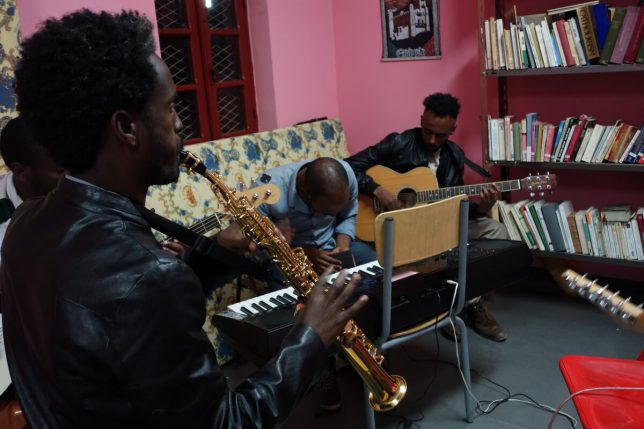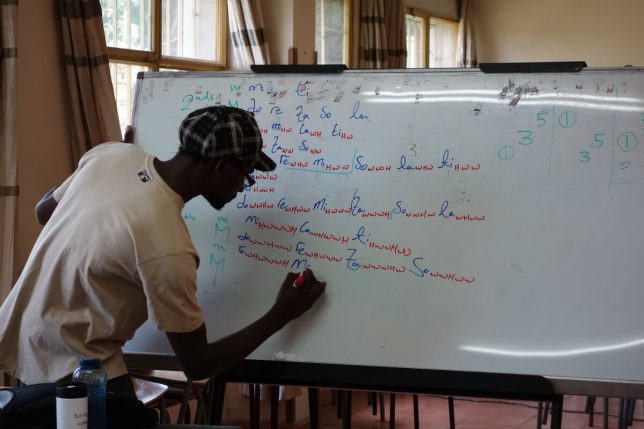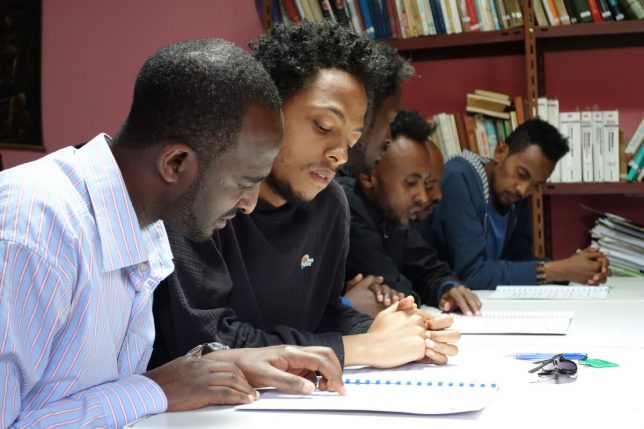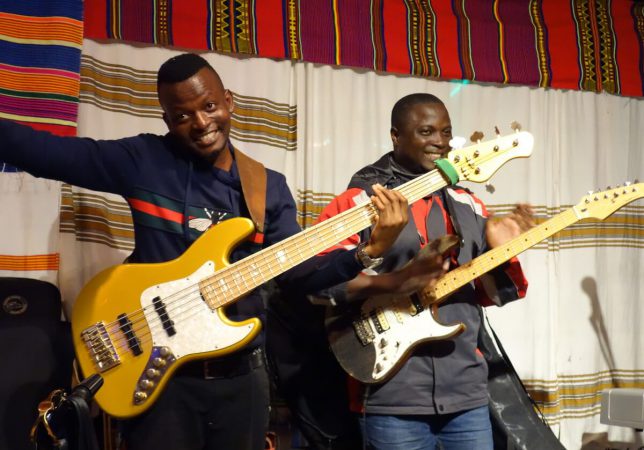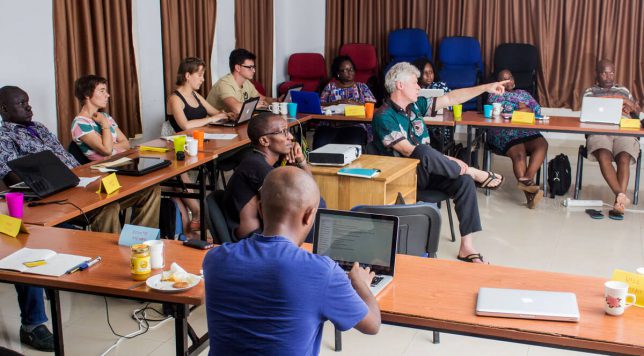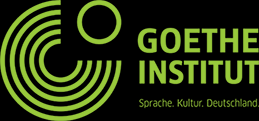The East African Global Music Campus enables talented young musicians to acquire the necessary skills to perform, read, write, document and transmit their own music cultures. This will empower them to engage in local and interregional markets and contribute to the development of a diverse and dynamic music sector.
The aim is threefold
- To empower young musicians through musical training and capacity building within the partner organizations. To improve training techniques and develop innovative new curricula for non-formal learning
- To develop the administrative structures and enhance management capacities to allow for a greater interaction between the partner organizations and young musicians within the music education value chain and its interfaces with the creative economy.
- To link the partner organizations on an interregional level to exchange best practices and innovative ideas for the development of the creative economy based on the development of a music education system relevant to the needs of the participating countries.
The specific objectives are
- To enable young African musicians to capture their rich musical heritage and develop innovative new teaching materials to preserve, promote and pass on their musical traditions to future generations
- To capacitate youth workers to develop the non-formal music education sector to its full potential by developing new and attractive teaching and learning methods and organizational skills.
- To capacitate youth organizations, young professionals, actors/agents of the non-formal and formal music education systems and the local music industries to engage in strategic cooperation
- To empower young people to engage in local and interregional markets and networks allowing for the development of a more diverse and dynamic music industry
- To create a new curriculum based upon the European Credit Transfer System (ECTS) employing learning outcomes, modules, and credit points
- To increase the mobility of learners and create opportunities for the meaningful exchange of students and teachers both within the region and with potential partners within the European community.
